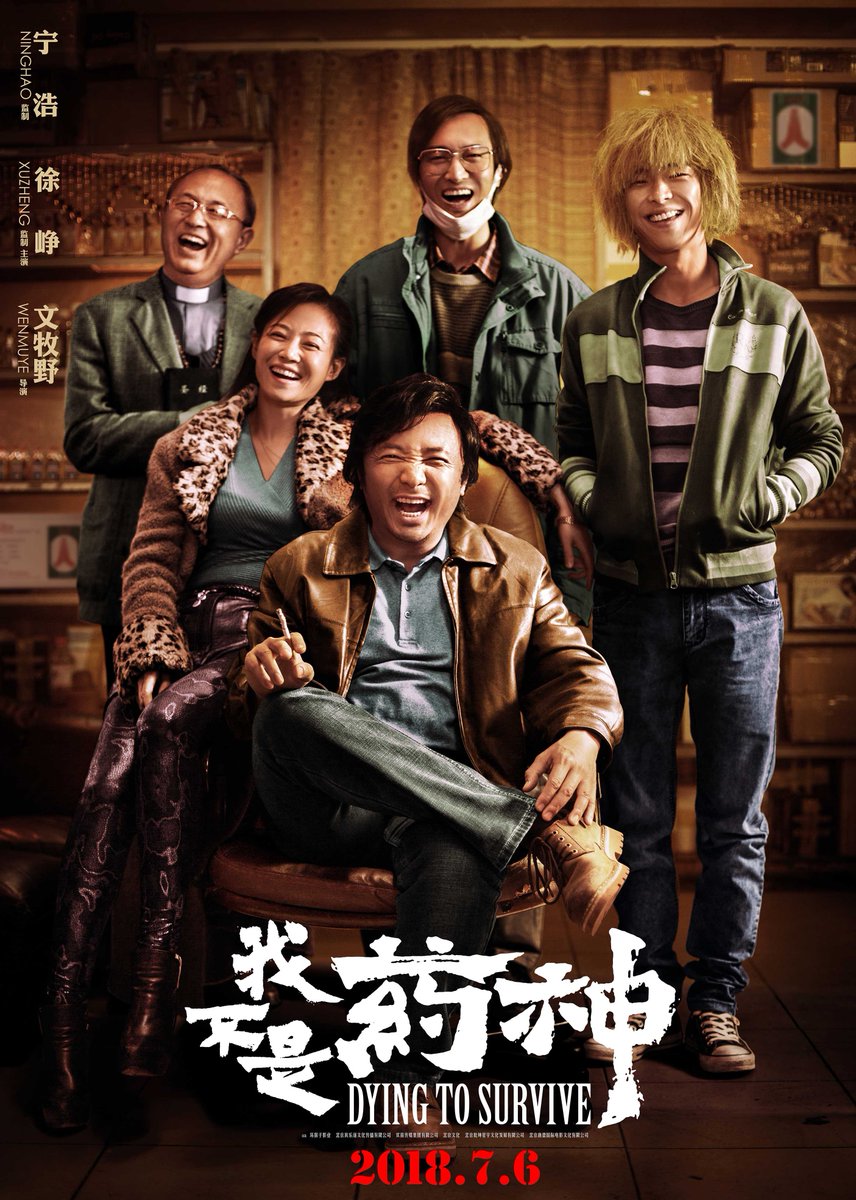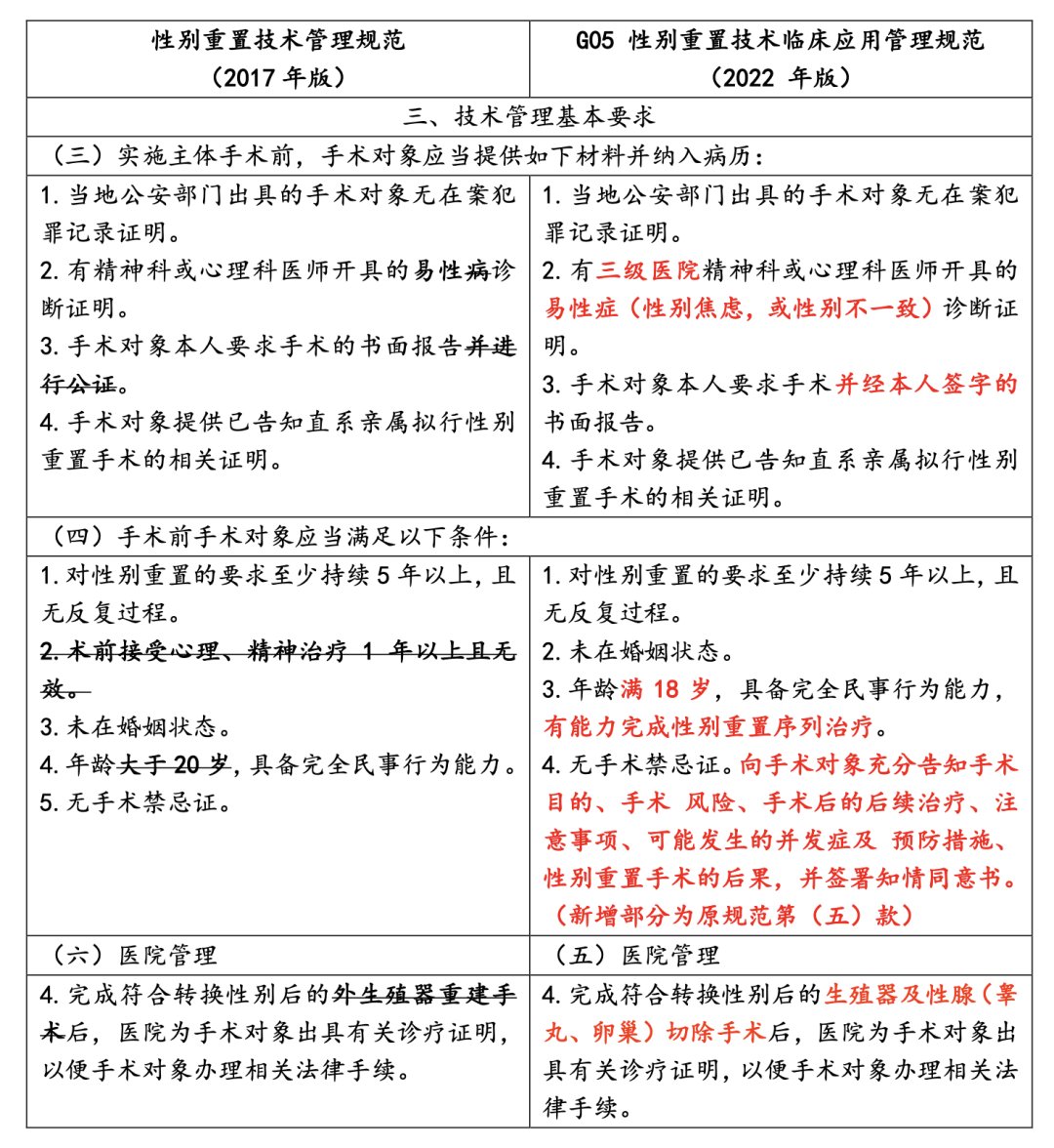
The US Senate has axed an effort to cap the out-of-pocket cost of insulin at $35.
This would have been a big drop from the $98 average, and far less than the thousands some have reported they pay.
But in China, you can get it for as low as $3 at a public hospital.
Here's how.
This would have been a big drop from the $98 average, and far less than the thousands some have reported they pay.
But in China, you can get it for as low as $3 at a public hospital.
Here's how.
The year is 2018.
A film, 我不是药神 (Dying to Survive), has had a wide release. It is a huge hit.
The movie follows a man who illegally smuggles life-saving cancer drugs into China and is based on a true story.
Think of it as Dallas Buyers Club with no Jared Leto (thank God).
A film, 我不是药神 (Dying to Survive), has had a wide release. It is a huge hit.
The movie follows a man who illegally smuggles life-saving cancer drugs into China and is based on a true story.
Think of it as Dallas Buyers Club with no Jared Leto (thank God).

This social drama about a very real problem — the high cost of prescription drugs — touched a chord with audiences.
Even though the story it is based on is from 2004, there were plenty of contemporary examples of families and patients overburdened by drug costs.
Even though the story it is based on is from 2004, there were plenty of contemporary examples of families and patients overburdened by drug costs.
The film got such attention that Premier Li Keqiang commented on its relevance, making reference to it in a call for price cuts on life-saving medicines.
Not too long after, in November that same year, a major policy was introduced.
Not too long after, in November that same year, a major policy was introduced.

But first, some background.
China achieved universal health care in 2011 through the expansion of its public insurance system, with over 95 percent of the population covered by the government's umbrella programs.
But this coverage has some gaps and inequities.
China achieved universal health care in 2011 through the expansion of its public insurance system, with over 95 percent of the population covered by the government's umbrella programs.
But this coverage has some gaps and inequities.
Public insurance is tiered, with the highest level of coverage for urban workers who have matching household registration or hukou (户口).
Those not currently working, or urban residents outside their city of registry — migrant workers — are on a lower level.
Those not currently working, or urban residents outside their city of registry — migrant workers — are on a lower level.
Rural populations, meanwhile, are on the New Cooperative Medical System (NCMS).
Each of these tiers guarantees basic coverage, but health care resources are still lopsided and concentrated in population centers largely on the country's east coast.
Each of these tiers guarantees basic coverage, but health care resources are still lopsided and concentrated in population centers largely on the country's east coast.
So while this expansion of health insurance has meant improvements in out-of-pocket expense, there has still been an overall trend of unbalanced development.
As such, families will often travel to major cities outside their main coverage area and just pay the extra cost.
As such, families will often travel to major cities outside their main coverage area and just pay the extra cost.
Anyone who has been to a public hospital in China knows how crowded they can be and how overwhelmed the doctors there are.
In recent years there has been enormous government expenditure to change this, but it is still a work in progress.
Graphics by Bloomberg.

In recent years there has been enormous government expenditure to change this, but it is still a work in progress.
Graphics by Bloomberg.


As those efforts ramp up, China has found other, more immediate advantages it can leverage to bring down costs for patients.
Like, say, a public insurance pool of 1.4 billion and a near-monopoly on hospital administration.
Like, say, a public insurance pool of 1.4 billion and a near-monopoly on hospital administration.
In November 2018, China announced a pilot program for "volume-based procurement" (VBP), a centralized drug price negotiation scheme for public insurance holders and hospitals.
It would cover generic and new drugs alike, and was expanded to include medical devices in 2019.
It would cover generic and new drugs alike, and was expanded to include medical devices in 2019.
Thanks to its massive purchasing power, the Chinese government has been able to bargain directly with pharma companies and wrangle enormous discounts on essential drugs for its patients.
How enormous? Let's take the example of the lung cancer drug afatinib, brand name Gilotrif.
How enormous? Let's take the example of the lung cancer drug afatinib, brand name Gilotrif.
Gilotrif is manufactured by Boehringer Ingelheim, who filed a patent for the drug in 2013. A generic won't be available in the US until January 2031.
Here's how much 28 40mg tablets cost. I plugged an NYC zip code into this tool to get the brand-name price.
Almost $7,000.
Here's how much 28 40mg tablets cost. I plugged an NYC zip code into this tool to get the brand-name price.
Almost $7,000.

Generics are available in other countries, and it is technically possible to get them shipped to the US.
However! Still expensive. Should cancer drugs cost even this much?
However! Still expensive. Should cancer drugs cost even this much?

Well, it just so happens afatinib was part of the latest round of VBP in China this July.
Check out the entry for 30 40mg tablets, an identical dosage to the ones we just saw.
Less than $40, and that's the sticker price. Insurance subsidizes it further.
Translations by me.
Check out the entry for 30 40mg tablets, an identical dosage to the ones we just saw.
Less than $40, and that's the sticker price. Insurance subsidizes it further.
Translations by me.

Which brings us back to insulin. In 2021, the drug was finally included in China's VBP, dropping its already low price in the country further.
Here's an analysis from BaiPharm. I converted the yuan to USD for easy comparison.
Lowest price is $2.65, and all are below $10.
Here's an analysis from BaiPharm. I converted the yuan to USD for easy comparison.
Lowest price is $2.65, and all are below $10.

You might say, hey! That is very cheap. But Big Pharma wouldn't be doing this if they weren't making a profit, right? Someone is still getting screwed.
You'd be right...
You'd be right...
...the multinationals are taking a bath.
Novo Nordisk, one of the world's biggest insulin producers, announced a 3 percent haircut in its GLOBAL sales due to slashed China prices necessitated by VBP negotiations.
Novo Nordisk, one of the world's biggest insulin producers, announced a 3 percent haircut in its GLOBAL sales due to slashed China prices necessitated by VBP negotiations.

Now to be fair, these companies are expecting long-term gains. They are willing to accept some margin of loss on their generics if it means entry to the Chinese market and the opportunities therein.
But time will tell whether they reap those benefits or not.
But time will tell whether they reap those benefits or not.
Regardless of what Nordisk and Eli Lilly think they see in their crystal balls, the VBP program has been wildly successful. It has saved hundreds of billions of yuan.
That's money that gets freed up for the necessary improvements in medical infrastructure we talked about before.
That's money that gets freed up for the necessary improvements in medical infrastructure we talked about before.

This policy, and many others since the founding of the People's Republic in 1949, have led to huge, positive changes in basic quality-of-life indexes.
(Graphics from Bloomberg, circa 2019. China beat projections and passed the US in life expectancy in 2021.)

(Graphics from Bloomberg, circa 2019. China beat projections and passed the US in life expectancy in 2021.)


So yes, there is another way. Insulin doesn't need to cost hundreds or thousands, and neither do countless other life-saving drugs.
A better world is possible. We don't have to die to survive.
A better world is possible. We don't have to die to survive.
• • •
Missing some Tweet in this thread? You can try to
force a refresh






